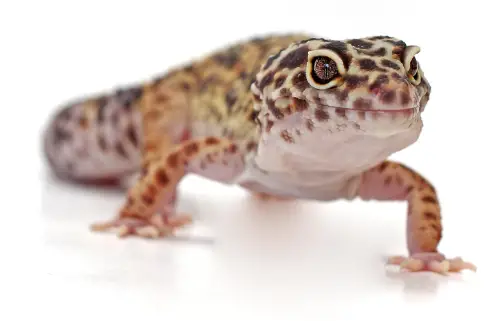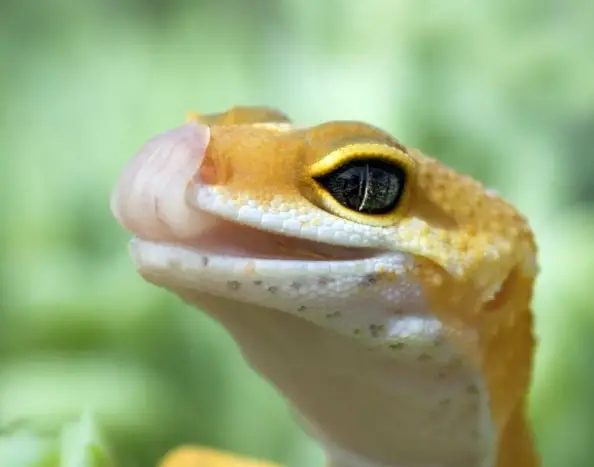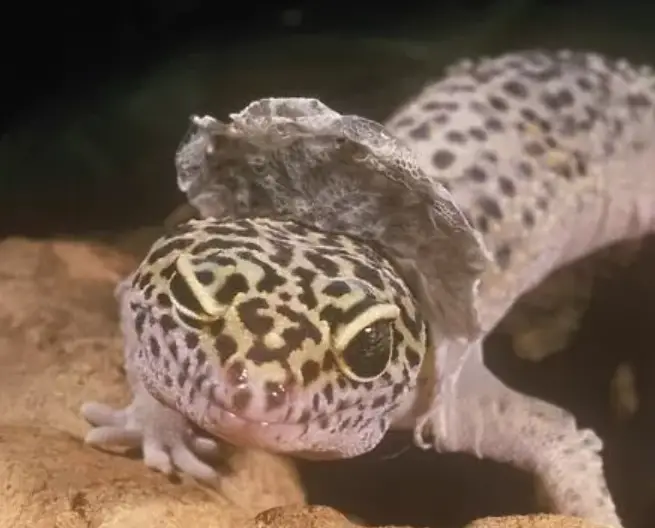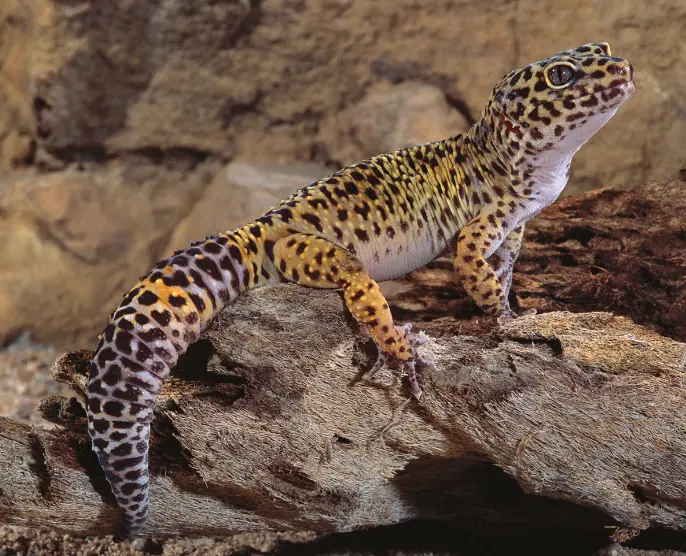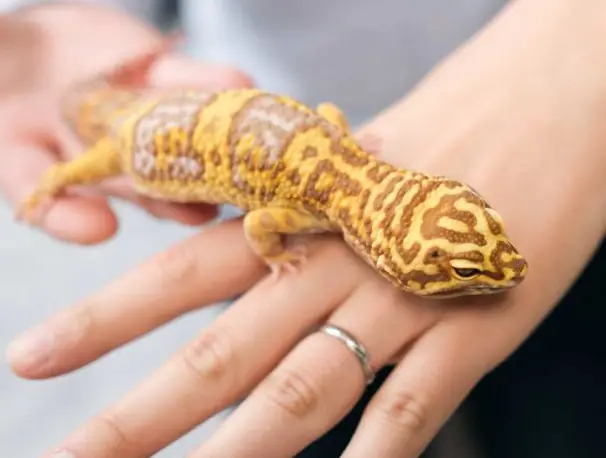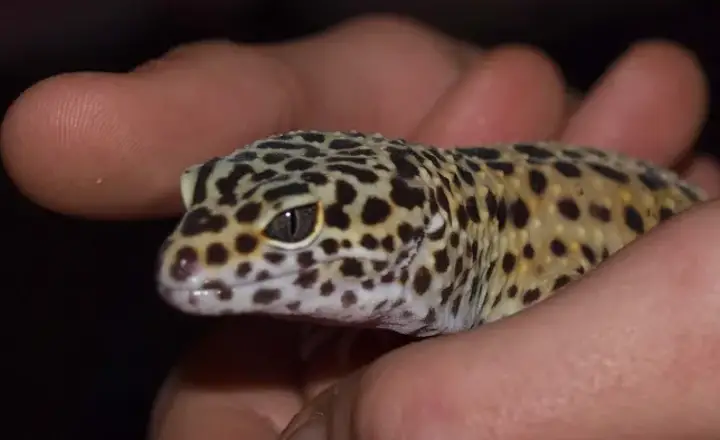Leopard geckos are one of the most popular reptile pets in the world. They are easy to care for, friendly, and can live for up to 20 years with proper care. If you are planning to bring a baby leopard gecko into your home, it’s essential to know how to care for it. In this comprehensive guide, we’ll cover everything you need to know about how to care for a baby leopard gecko.
Setting up the Perfect Habitat for Your Baby Leopard Gecko
The first step in caring for your baby leopard gecko is to set up the perfect habitat. A leopard gecko’s enclosure should be large enough to accommodate its growth, with a minimum of 20 gallons for a single gecko. The enclosure should also have a secure lid to prevent escape.
The enclosure should also have a heat source, such as a heat lamp or under-tank heating pad. Leopard geckos are cold-blooded and need a basking spot that reaches around 90-100°F. On the other hand, the rest of the enclosure should be kept between 75-85°F.
A hiding spot is also essential for a leopard gecko, as they need a place to retreat when they feel threatened. A hide box, a coconut shell, or a pile of rocks will work great.
Finally, the enclosure should have a substrate, or floor covering. A substrate is important for two reasons: it helps regulate the temperature and humidity levels, and it provides a comfortable surface for the gecko to walk on. Some popular substrates include coconut coir, paper towels, and reptile carpet.
Feeding Your Baby Leopard Gecko
Leopard geckos are primarily insectivores, meaning they feed on insects. In the wild, they feed on crickets, mealworms, and other insects. In captivity, you can feed your baby leopard gecko a diet of crickets, mealworms, and roaches.
It’s important to gut-load the insects before feeding them to your gecko. Gut-loading is the process of feeding the insects a nutritious diet so that your gecko receives the nutrients it needs. A variety of fruits, vegetables, and commercial insect gut-loading supplements can be used for this purpose.
It’s also essential to dust the insects with a calcium supplement before feeding them to your gecko. Leopard geckos need calcium for healthy bones, and the dusting helps ensure that they receive enough calcium in their diet.
Your baby leopard gecko should be fed once or twice a day, with the exact frequency depending on its size and age. A baby gecko may need to be fed twice a day, while an adult gecko can be fed once a day.
Maintaining Proper Health and Hygiene
Proper health and hygiene are essential for keeping your baby leopard gecko healthy and happy. Here are some tips to help maintain the health and hygiene of your pet:
-Clean their habitat regularly – Clean the cage and its accessories at least once a week. Remove all feces, uneaten food, and any other debris.
-Wash your hands – Before handling your pet or their habitat, it is essential to wash your hands to avoid transmitting any germs.
-Provide a clean and fresh water source – Change the water daily and clean the water dish frequently to prevent bacteria growth.
-Handle food carefully – Store food properly and wash your hands before handling it to avoid contamination.
-Monitor their diet – Feed your leopard gecko a well-balanced diet to ensure they are getting all the necessary nutrients.
-Keep the temperature consistent – Leopard geckos need a warm and humid environment to thrive. Make sure their habitat is kept at the correct temperature and humidity levels.
-Get regular check-ups – Regular vet check-ups are important to keep your pet healthy and identify any potential health issues early on.
Conclusion
In conclusion, caring for a baby leopard gecko requires patience, dedication, and proper knowledge. By following the steps discussed in this comprehensive guide, you can create a suitable and safe environment for your pet. Remember to provide them with proper nutrition, adequate heating, and a clean living space. Regular check-ups with a veterinarian are also necessary to keep your leopard gecko healthy. With proper care and attention, your baby leopard gecko will grow into a happy and healthy pet.
